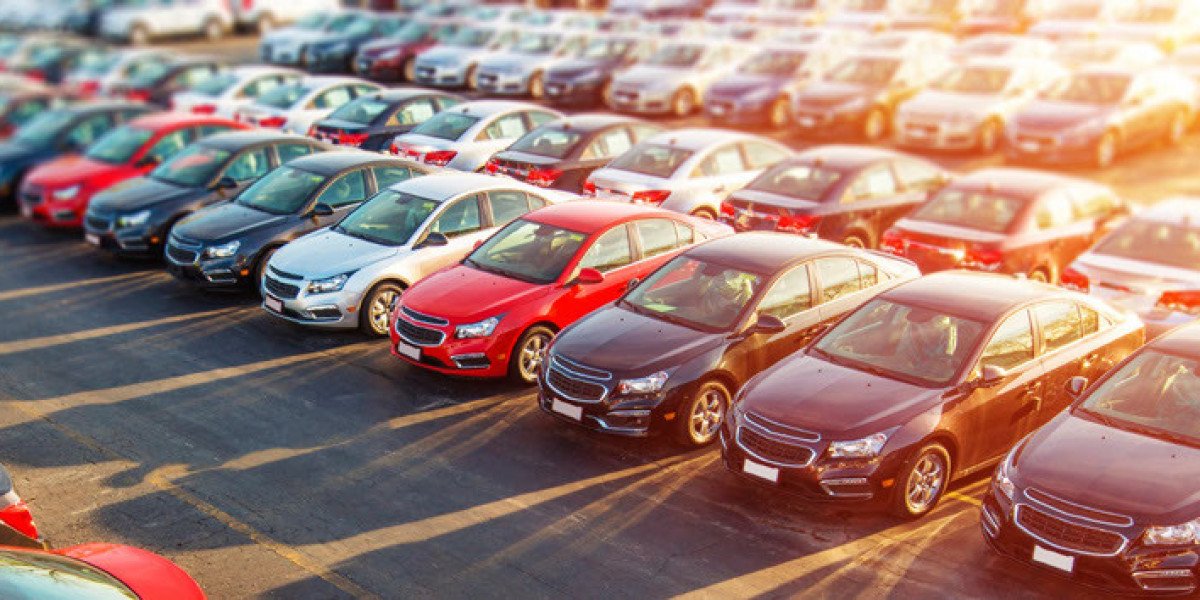As the automotive industry continues to evolve, the torque converter has emerged as a critical component in enhancing vehicle performance and efficiency. In 2025, advancements in torque converter technology are revolutionizing the way vehicles operate, providing smoother power delivery, improved fuel economy, and an overall better driving experience. This article delves into the latest innovations in torque converters and their impact on modern vehicles.
Understanding Torque Converters
A torque converter is a type of fluid coupling used in automatic transmissions to transfer power from the engine to the transmission. It allows the engine to continue running while the vehicle is stationary, providing a seamless transition of power during acceleration. The key components of a torque converter include the impeller, turbine, stator, and fluid, all working together to optimize performance.
Recent Innovations
In 2025, several breakthroughs in torque converter technology have significantly enhanced their efficiency and functionality. Some of the notable advancements include:
Variable Geometry Torque Converters: These new designs allow for adjustable turbine geometry, optimizing performance across various driving conditions. This means better responsiveness during acceleration and improved fuel efficiency during cruising.
Lock-Up Clutch Improvements: Modern torque converters now feature advanced lock-up clutch systems that engage more smoothly and quickly, reducing slip and enhancing fuel economy. This improvement minimizes energy loss during power transfer, allowing for a more direct connection between the engine and transmission.
Fluid Dynamics Optimization: Engineers have developed new fluid formulations that reduce drag and improve heat dissipation within the torque converter. This results in lower operating temperatures and increased longevity of the component, contributing to overall vehicle reliability.
Integration with Hybrid Systems: As hybrid and electric vehicles gain popularity, torque converters are being adapted to work seamlessly with these systems. This integration allows for enhanced energy recovery and improved performance in hybrid applications.
Benefits of Advanced Torque Converters
The innovations in torque converter technology bring numerous benefits to both manufacturers and consumers:
Enhanced Fuel Efficiency: With reduced slip and optimized performance, vehicles equipped with modern torque converters experience better fuel economy. Studies show that vehicles using advanced torque converters can achieve up to a 15% improvement in fuel efficiency compared to older models.
Smoother Driving Experience: The advancements in lock-up clutch systems and variable geometry designs provide a more seamless transition between gears, resulting in a smoother driving experience. Drivers report less noticeable shifts and improved acceleration, enhancing overall comfort.
Increased Performance: Modern torque converters improve the responsiveness of vehicles, allowing for quicker acceleration and better handling. This is particularly important in performance-oriented vehicles where power delivery is critical.
Lower Emissions: By improving fuel efficiency, advanced torque converters contribute to lower carbon emissions. This aligns with global efforts to reduce the automotive industry's environmental impact and meet stricter emissions regulations.
Challenges and Solutions
Despite the advancements, the implementation of new torque converter technology does come with challenges. The complexity of modern torque converters can increase manufacturing costs and require more specialized knowledge for maintenance and repair. However, manufacturers are addressing these challenges by investing in training programs for technicians and developing more user-friendly designs.
Additionally, as electric and hybrid vehicles become more prevalent, there is a need for torque converters to adapt to these new powertrains. Manufacturers are actively researching ways to integrate torque converters with electric motors while maintaining efficiency and performance.
The Future of Torque Converters
Looking ahead, the future of torque converters is promising. As automotive technology continues to advance, we can expect further innovations that enhance their efficiency and functionality. Potential developments include:
Smart Torque Converters: The integration of artificial intelligence and machine learning could lead to smart torque converters that adapt to driving conditions in real-time, optimizing performance based on factors such as terrain, load, and driver behavior.
Sustainability Initiatives: With a growing focus on sustainability, manufacturers are exploring eco-friendly materials and production processes for torque converters, reducing their environmental impact throughout the lifecycle.
Enhanced Connectivity: Future torque converters may be designed to communicate with other vehicle systems, allowing for improved integration with advanced driver-assistance systems (ADAS) and further enhancing overall vehicle performance.
In conclusion, the advancements in torque converter technology in 2025 mark a significant leap forward for the automotive industry. These innovations not only improve vehicle performance and fuel efficiency but also contribute to a more sustainable future for transportation. As manufacturers continue to push the boundaries of what is possible, the torque converter will remain a vital component in the evolution of modern vehicles, ensuring a smoother, more efficient driving experience for all.








